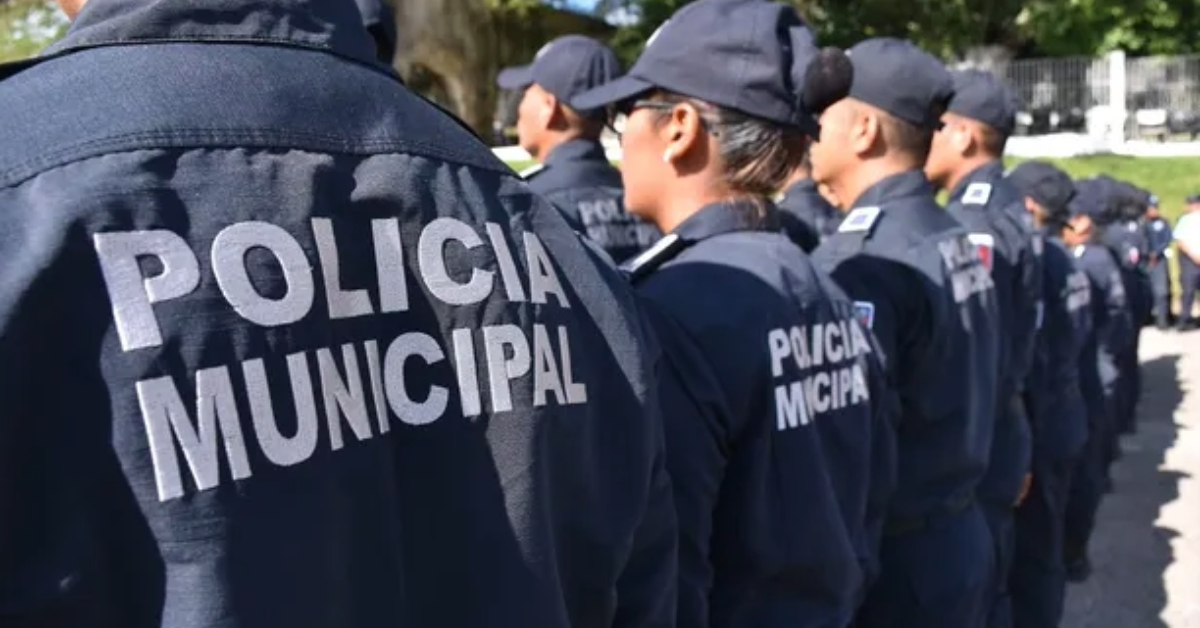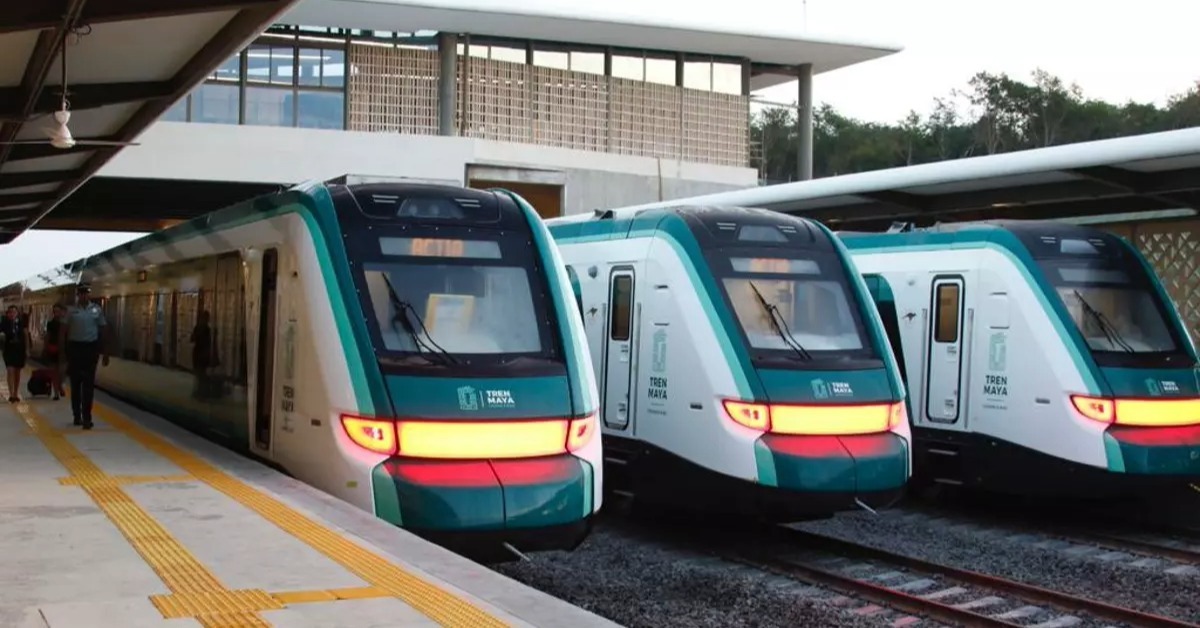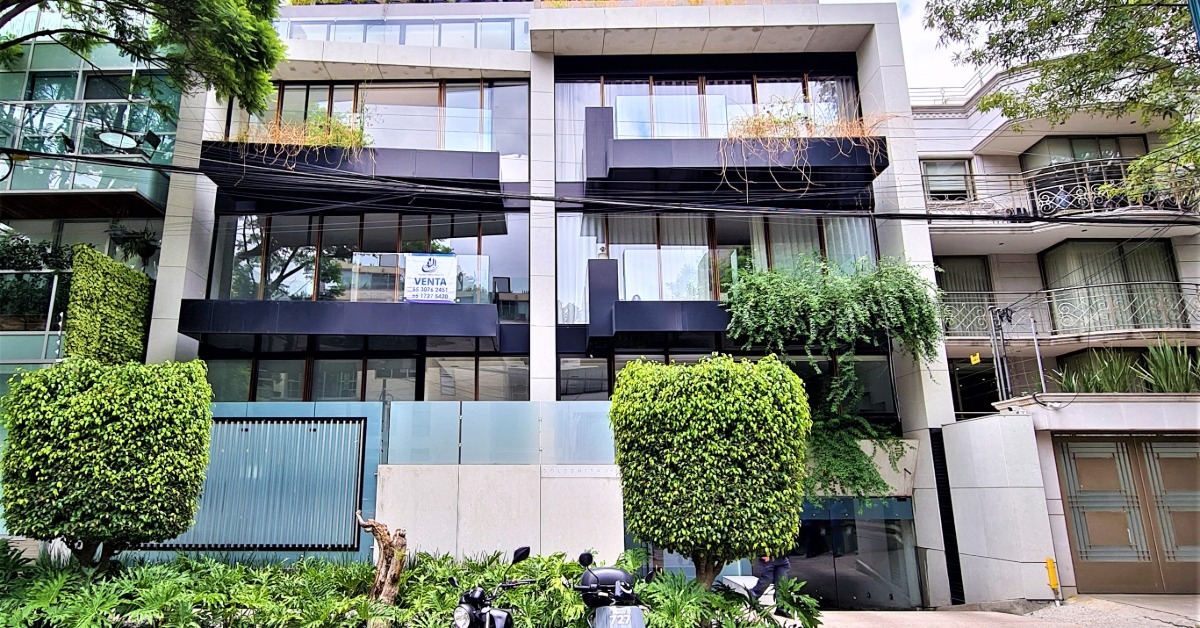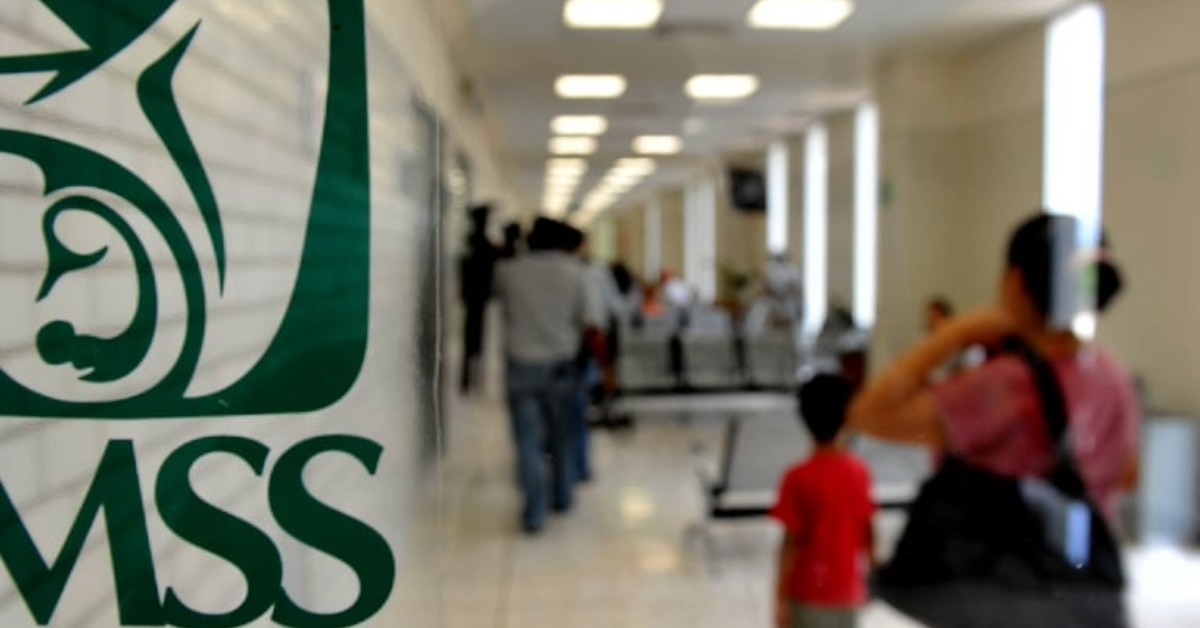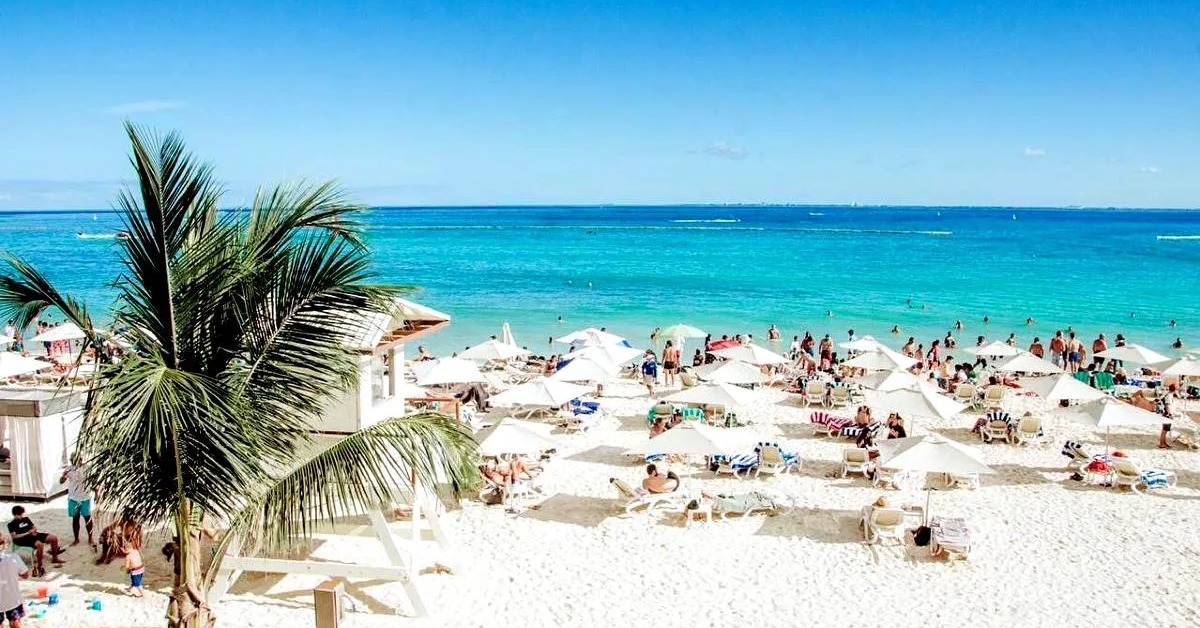Puerto Vallarta, once renowned for its laid-back atmosphere and reputation as a safe tourist destination, has seen a significant rise in the perception of insecurity among its residents in 2024. According to data from the National Urban Public Security Survey (ENSU), conducted by the National Institute of Statistics and Geography (Inegi), the number of residents feeling unsafe increased by 11.1 percentage points compared to 2023.
